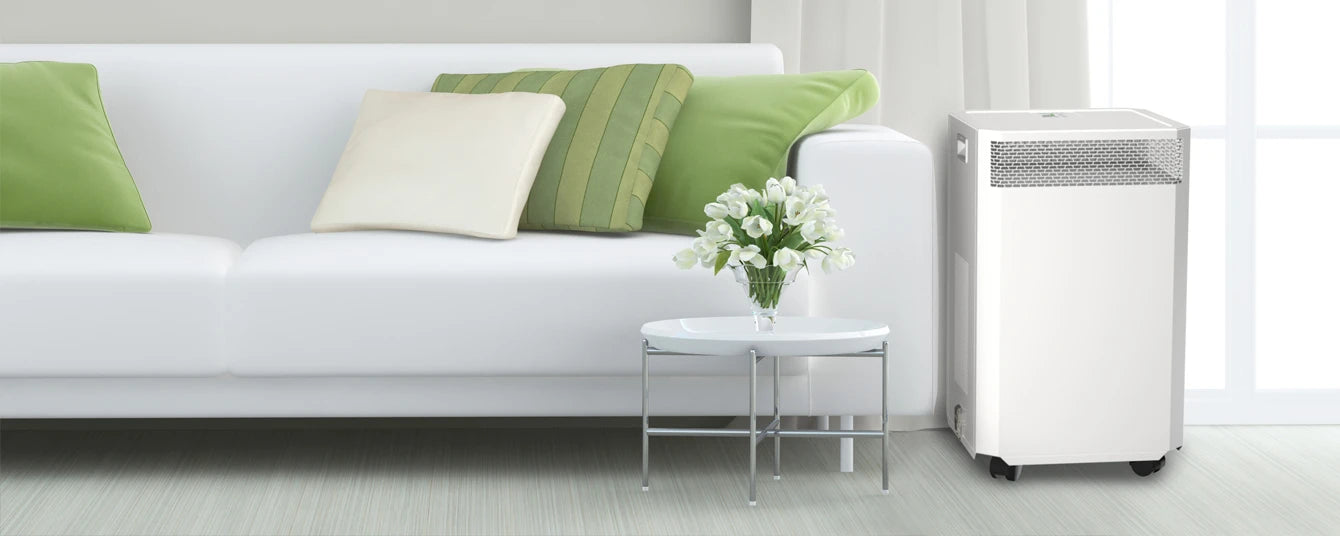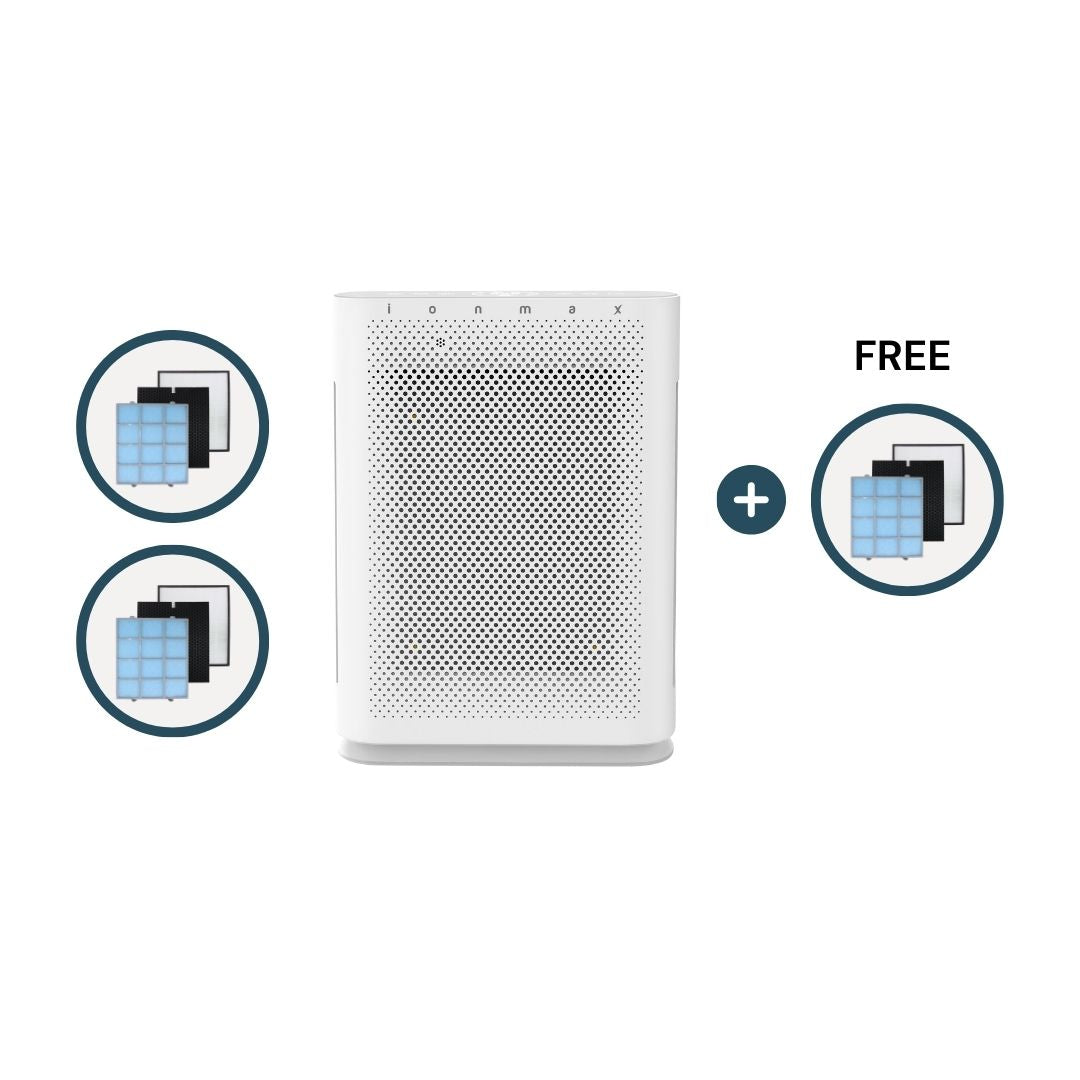Featured
Table of Contents
- – Comprehending Allergies and Triggers
- – Can Air Purifiers Assist with Allergies?
- – The Science Behind Air Purifiers and Allergies
- – Are Air Purifiers Right for You? Variables to...
- – Making the Most of Air Purifiers for Allergies
- – Beyond Air Purifiers: A Multi-Pronged Method t...
- – Living a Breath Easier Life with Allergies

For allergy sufferers, spring blossoms and cosy pet dogs can bring even more sniffles and sneezes than joy. Interior irritants like allergen, pet dander, and pollen can wreak mayhem on your respiratory system, leaving you really feeling miserable. Air purifiers are usually proclaimed as an option, appealing cleaner air and remedy for allergic reaction symptoms. Are air cleansers absolutely worth the investment for allergy sufferers? This thorough guide discovers the scientific research behind air purifiers, their effectiveness for allergic reactions, and the variables to think about when deciding.
Comprehending Allergies and Triggers
To understand the duty of air cleansers, let's first look into allergic reactions and their triggers:
- The Sensitive Reaction: Allergies take place when your body immune system panics to a safe material, like plant pollen or allergen. This reaction sets off the release of histamines, creating allergic reaction signs like sneezing, coughing, scratchy eyes, and a dripping nose.
- Usual Allergens: Indoor allergens consist of allergen, animal dander, mold spores, plant pollen that wanders inside your home, and also cockroach irritants. These airborne bits can aggravate your respiratory tracts and cause allergy symptoms.
Can Air Purifiers Assist with Allergies?
Air cleansers function by reeling in air, removing toxins, and launching cleaner air back into the space. Below's just how they can potentially benefit allergy patients:
- Capturing Irritants: HEPA (High-Efficiency Particulate Air) filters, a common type used in air cleansers, are highly efficient at capturing air-borne allergens like dust mites, animal dander, and pollen. By removing these triggers from the air you breathe, air cleansers can help in reducing allergy symptoms.
- Improved Air High Quality: Air purifiers can likewise remove other toxic irritants from the air, such as smoke, dirt, and unstable organic compounds (VOCs) This total improvement in air top quality can be helpful for allergy sufferers who are sensitive to these added triggers.
The Science Behind Air Purifiers and Allergies
Researches have revealed that air cleansers can be useful in minimizing allergy signs and symptoms. Right here's a check out some essential research searchings for:
- A 2019 evaluation released in the journal "Current Allergy and Asthma Reports" ended that air purifiers with HEPA filters can be reliable in lowering allergic reaction signs and boosting high quality of life for individuals with hay fever (hay high temperature)
- A 2018 research published in the journal "Annals of Allergic Reaction, Bronchial Asthma & Immunology" found that using an air purifier with a HEPA filter in the bedroom dramatically minimized allergen allergen levels and enhanced sleep top quality in people with asthma.
However, it is very important to note that study additionally recommends some constraints:
- Air Purifier Coverage: Air purifiers are most efficient in the space where they are put. Their influence on irritants in various other components of your home may be very little.
- Extent of Allergies: While air cleansers can aid, they could not be a total service for severe allergic reactions. Drugs and other allergy monitoring methods may still be required.
Are Air Purifiers Right for You? Variables to Consider
Here are some crucial variables to think about when determining if an air purifier deserves it for your allergic reactions:
- Severity of Allergies: If your allergies are mild and well-controlled with medication, an air purifier may not be required. For those with modest to severe allergic reactions, an air purifier can be a useful device in taking care of signs.
- Kinds of Allergens: Take into consideration the major triggers for your allergic reactions. Air cleansers are most efficient for airborne irritants like dust termites, family pet dander, and plant pollen. They might not be as practical for irritants like mold and mildew that grow on surfaces.
- Way of life and Setting: If you have family pets, reside in an area with high plant pollen counts, or have issues concerning indoor air high quality, an air purifier can be helpful.

Making the Most of Air Purifiers for Allergies
If you make a decision to invest in an air purifier for allergic reactions, below are some ideas for optimizing its efficiency:
- Select a HEPA Filter: Seek an air purifier with a HEPA filter licensed to capture particles as small as 0.3 microns.
- Right Size for the Area: Guarantee the air purifier has a Clean Air Delivery Rate (CADR) that is appropriate for the size of the space you prepare to use it in.
- Placement Issues: Put the air purifier in the space where you spend the most time, such as your room.
- Routine Filter Maintenance: Replace HEPA filters according to the manufacturer's directions to keep ideal performance.
- Combine with Other Strategies: Air cleansers are not a one-size-fits-all option. Incorporate them with other allergy monitoring techniques like medication, regular cleaning, and allergen-proof bed linens.
Beyond Air Purifiers: A Multi-Pronged Method to Allergy Management

While air purifiers can be a valuable tool in your allergy arsenal, they are not a magic bullet (If you're looking to buy an Air Purifier then Air Cleaners Australia is the best destination.). A thorough strategy that incorporates air filtration with various other techniques is essential to attaining long-lasting allergic reaction relief. Here are some added methods to consider:
- Medicine: Antihistamines, decongestants, and nasal corticosteroids, recommended by your doctor, can properly handle allergic reaction signs.
- Allergic Reaction Testing and Immunotherapy: Recognizing your details irritants with allergy screening can lead the way for immunotherapy, a treatment that assists desensitize your body immune system to irritants in time.
- Air High Quality Administration: Regular cleaning with a HEPA-filtered vacuum cleaner and allergen-specific cleaning items can dramatically reduce allergen, animal dander, and various other allergens in your home.
- Managing Humidity: Mold and mildew thrives in moist environments. Making use of a dehumidifier can help manage humidity degrees and avoid mold and mildew growth, a typical indoor irritant.
- Way of life Adjustments: If you have allergic reactions to plant pollen, staying inside your home during peak pollen seasons and showering after hanging around outdoors can assist reduce direct exposure.
- Bedding and Surfaces: Enclosing pillows and cushions in allergen-proof covers can considerably reduce dust mite exposure. Frequently washing bed linens in warm water aids get rid of allergens.
Living a Breath Easier Life with Allergies
Keep in mind, managing allergies is a continual process. By understanding your triggers, executing a multi-pronged method, and potentially integrating an air purifier into your approach, you can substantially lower allergy symptoms and breathe easier.
Added Considerations:
- Consulting a Doctor: If your allergies are severe or otherwise well-controlled with medication and way of life changes, consult an allergist for personalized recommendations.
- Air Top Quality Surveillance: Take into consideration making use of an air top quality monitor to track allergen levels in your home and change your monitoring approaches as necessary.
- Long-Term Investment: A high quality air purifier can be a lasting financial investment in your health and wellness.
By taking a proactive approach and embracing a mix of these techniques, you can create a healthier and allergy-friendly setting, enabling you to take pleasure in a breath easier life.
Table of Contents
- – Comprehending Allergies and Triggers
- – Can Air Purifiers Assist with Allergies?
- – The Science Behind Air Purifiers and Allergies
- – Are Air Purifiers Right for You? Variables to...
- – Making the Most of Air Purifiers for Allergies
- – Beyond Air Purifiers: A Multi-Pronged Method t...
- – Living a Breath Easier Life with Allergies
Latest Posts
Will The Dishwasher Harm Your Yeti Rambler? Fundamentals Explained
Some Known Incorrect Statements About Is It Okay To Clean Yeti Ramblers In The Dishwasher?
The Of Are Yeti Ramblers Meant To Brave The Dishwasher?
More
Latest Posts
Will The Dishwasher Harm Your Yeti Rambler? Fundamentals Explained
Some Known Incorrect Statements About Is It Okay To Clean Yeti Ramblers In The Dishwasher?
The Of Are Yeti Ramblers Meant To Brave The Dishwasher?